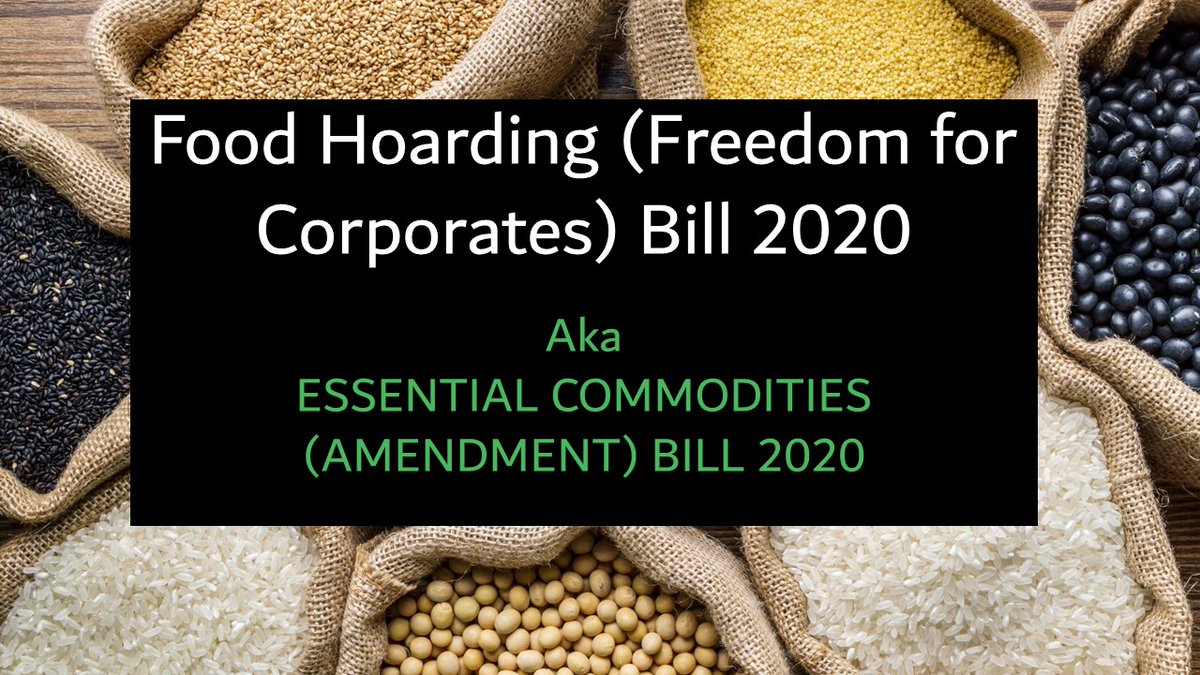#PrashantBhushan & Non-existent legal reasoning of SC - Crisp analysis by @gautambhatia88 - "It reminds me of times I used to take a football from halfway line, dribble it across the pitch, and kick it into the goal – without any opposition players on the field.
It stands to reason that if an individual has been accused of CoC because they expressed an opinion about role of 4 CJs in undermining democracy, & that individual has filed a Reply setting out the facts upon the basis of which they arrived at that opinion, ....
a “judgment” holding that individual guilty of contempt cannot pretend that the Reply does not exist. .. "In the 108-page long judgment (the substantive part of which begins at page 93), the Supreme Court refuses entirely to engage with Mr. Bhushan’s reply."
"But if the Court chooses not to explain itself, then there is little purpose to be served in excavating an explanation that it ought to have made, and then engaging with that imaginary explanation on legal grounds". #PrashantBhushan
• • •
Missing some Tweet in this thread? You can try to
force a refresh








